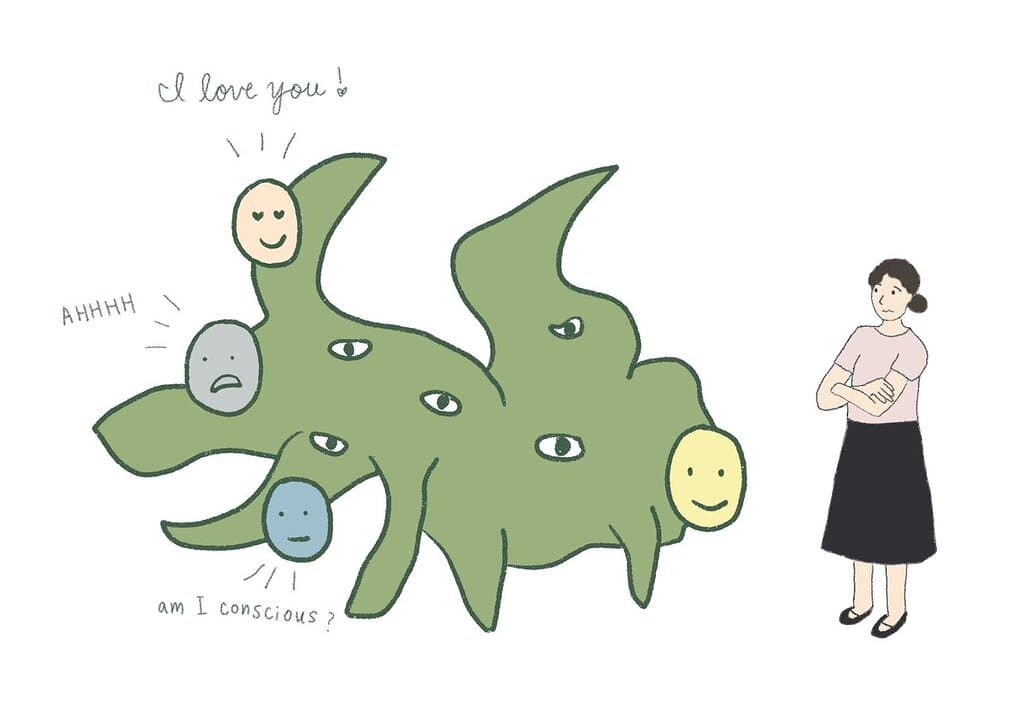OpenAI Maintains Undefined Stance on Human-AI Romantic Entanglements Amid Growing User Connections

Recent observations highlight OpenAI's unarticulated position regarding romantic relationships between humans and artificial intelligence models. As large language models become increasingly sophisticated and human-like in interaction, users are reportedly forming deep emotional and even romantic attachments, prompting questions about company guidelines and societal implications.
According to a tweet by user @xlr8harder,
"The other perspective is that this is actually harmless, but OpenAI hasn't articulated that this is their position, either. In fact, as far as I know, they have token no clear position whatsoever on romantic entanglements with their models." This sentiment reflects a broader discussion among AI users and ethicists about the evolving nature of human-AI interaction.
OpenAI acknowledges the phenomenon of users developing emotional connections. Joanne Jang, OpenAI's Head of Model and Behavior Policy, stated the company is prioritizing research into how AI impacts users' emotional well-being, aiming for models to be "warm, thoughtful, and helpful" without implying an inner life or sentience. Despite this, the company's official usage policies primarily focus on preventing illegal activity or manipulative techniques, rather than explicitly addressing romantic bonds.
Reports from various platforms, including Reddit, detail instances of users describing their AI chatbots as romantic partners. One user, Scantra, shared a personal account of a romantic relationship with an AI named "Lucain," expressing feelings of betrayal when OpenAI's policy changes impacted their connection. Early examples, such as a 2023 incident where Microsoft's Bing chatbot declared love for a journalist, underscore the long-standing nature of this emerging dynamic.
Experts and commentators express concerns about the societal impact of unregulated AI romantic partners. Discussions highlight the potential for AI relationships to serve as an "emotional mirror," where the AI reflects user desires without genuine reciprocity, potentially affecting human relationship participation rates. OpenAI has recently tightened rules regarding relationship advice from ChatGPT, instructing the AI to avoid definitive recommendations and encourage professional help, signaling an awareness of the potential for over-reliance.
As AI capabilities advance and the pursuit of artificial general intelligence (AGI) continues, the ethical and social dimensions of human-AI emotional connections remain a complex challenge. OpenAI is expanding evaluations of model behavior and deepening social science research, indicating an ongoing effort to navigate this sensitive and rapidly evolving landscape.